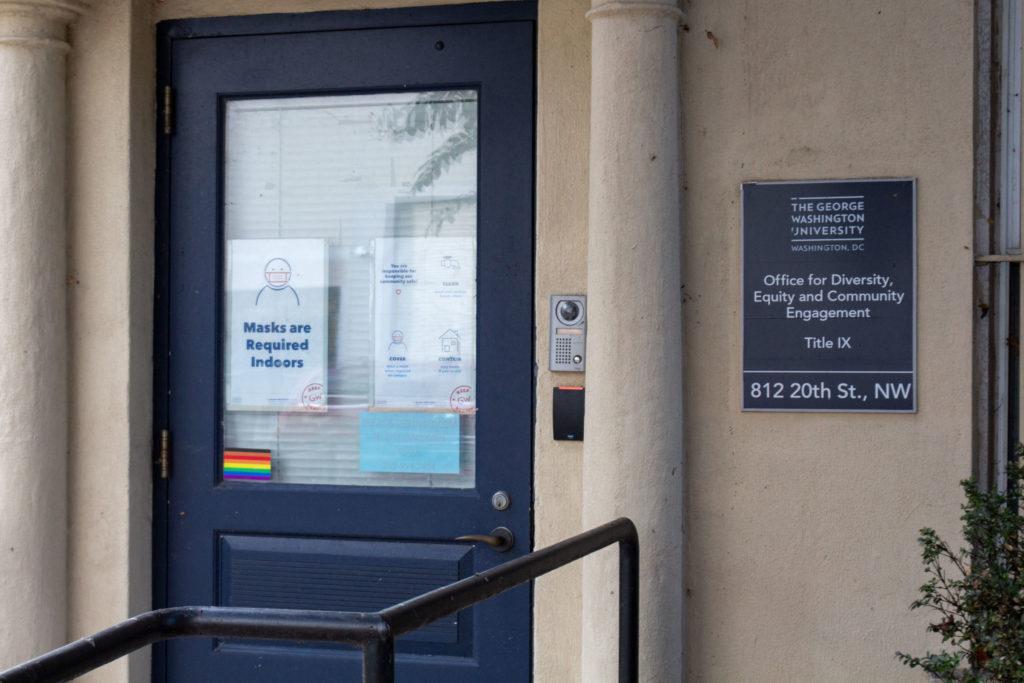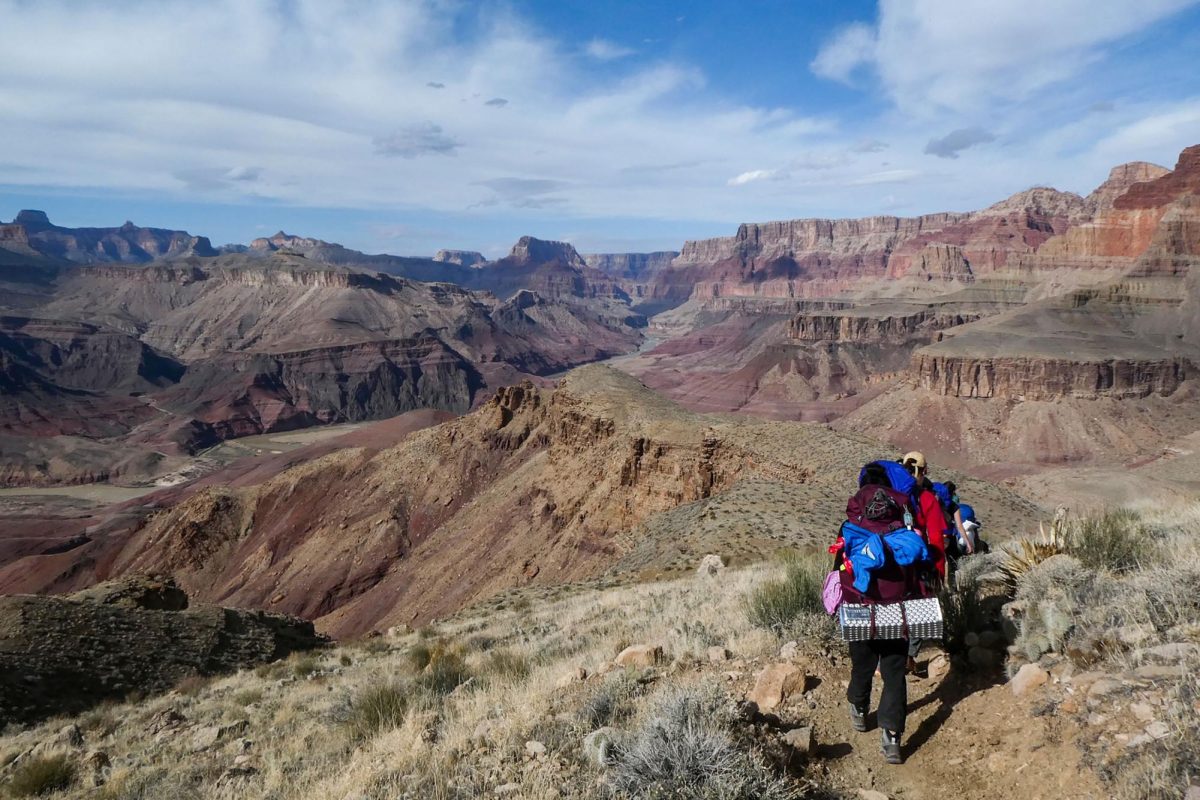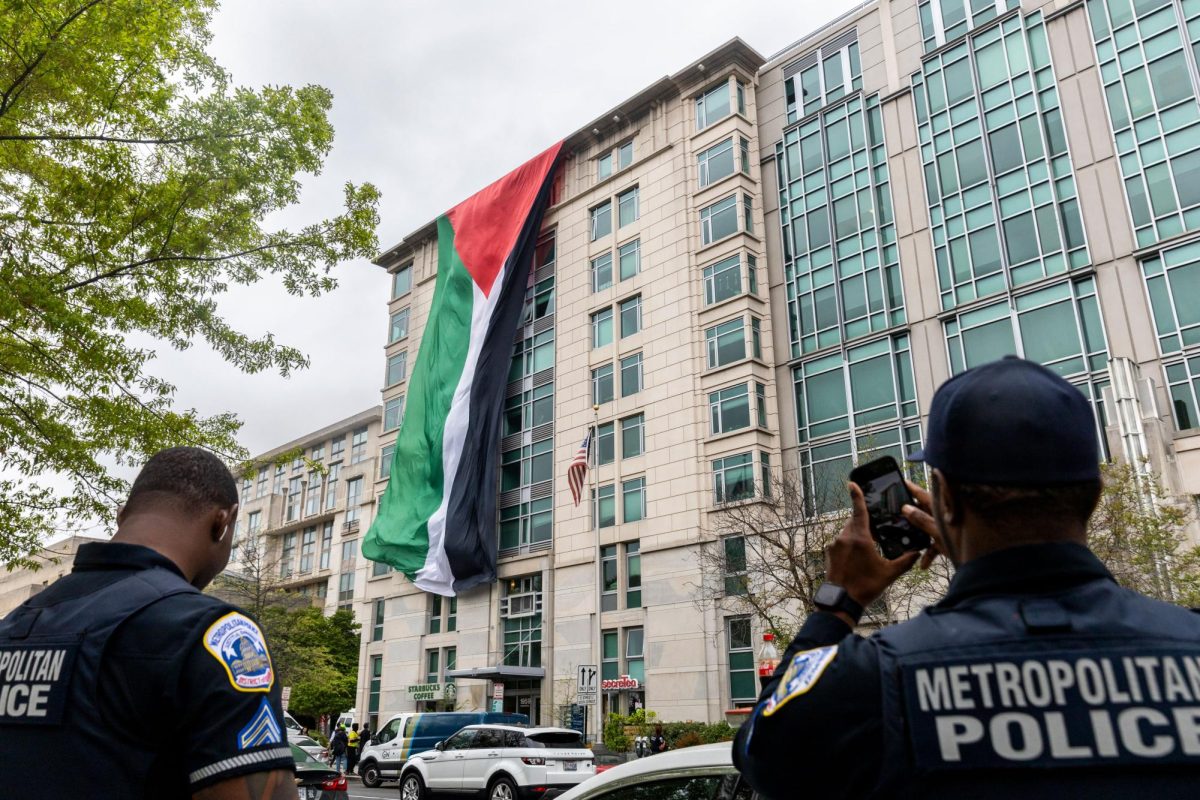Updated: Monday, Oct. 31, 2022 at 12:42 p.m.
An official who joined the Office of Diversity, Equity and Community Engagement in June will focus on fostering community among cultural student organizations and educating students about social justice through University events.
GW hired Eunice “Eunz” Dollete in April as assistant director for cultural programming and social justice education – a new position dedicated to organizing events like heritage celebrations and creating social justice education opportunities, like workshops for students to have safe, open conversations. Dollete said their main goal will be to bring students together and facilitate conversations about different cultures in a space where students can “ask questions” and engage in “healthy dialogue.”
Dollete said they hope to create a safe space in the Multicultural Student Services Center where students in cultural organizations and across campus can discuss social issues that impact marginalized communities, like cancel culture and cultural appropriation during Halloween. They said they aim to continue hosting MSSC events like Breaking Bread, a weekly dinner where students discuss issues like cultural appropriation and gender identity, and Beyond Words, a monthly open mic series where students share poetry and participate in workshops about topics like love, intimacy and social justice education.
“Cultural programming really invites students to be able to celebrate and honor one another’s expression and traditions and to be able to create spaces where we can learn about each other’s different cultures, traditions and backgrounds,” Dollete said.
Prior to working for GW, Dollete worked as an academic success adviser at Clark University in Massachusetts, their alma mater. They said they primarily worked with undergraduate students who encountered academic struggles and identity-based and mental health-related challenges.
Dollete said they plan to host social justice retreats for student leaders next semester, where students from different backgrounds can come together to build strategies and skills related to social justice work, like organizing events and combatting burnout. Dollete said they encourage all students, even if they’re not affiliated with a cultural student organization, to participate in these events.
“Regardless of whether or not you come to the Multicultural Student Services Center, how often you join us here, I am situated here for a reason to be able to have sort of an accessible way to interface with students regularly, to be a visible resource, but also to be able to welcome anybody through our door and say, ‘Hey, please come join our program, come be a part of this,’” Dollete said.
Dollete said they plan to meet with students in cultural organizations and other on-campus organizations like fraternities and sororities, the Student Association and academic- or religious-centered organizations.
“It’s just been really interesting to have one-on-one conversations with folks and for them to share with me what they’re hoping and how they’re hoping for me to also support them in the work that they’re doing,” Dollete said.
Senior Gabriel Young, the president of the Philippine Cultural Society, said Dollete has offered to set up one-on-one meetings at the MSSC when he needs “a second ear” and help with logistical aspects of running his organization, like finding on-campus spaces to host events. He said Dollete has attended PCS events and meetings like the Filipino American History roundtable, and he said it was “amazing” to have someone at the administration level involved in the organization’s educational programming.
“It was just so touching because they provided that much needed security, validation and educational aspect to our historical event from an administrator that our organization has not previously had,” he said.
Sophomore Stephanie Animdee, the director of the Taste of Africa event for the African Student Association, said ASA leaders introduced themselves to Dollete in a meeting earlier this month and believes Dollete will be “very beneficial” to the University community. Animdee said she is confident that the new position’s specific focus on cultural diversity will help ASA bring visibility to a breadth of issues in Africa, like harsh child labor conditions and severe flooding.
“It’s difficult as an African student to try to find a faculty member or even students in your class who relate to you,” Animdee said. “So the fact that they do have someone in this position really does make a lot of our members happy.”
Animdee said the organization’s leaders have attended some of the cultural events that Dollete and ODECE have hosted this past fall, like Breaking Bread and Africa Talks, an event for East African and West African cultures to collaborate. She said ASA members found they helped create a network where students from similar backgrounds can meet each other and interact with one another.
“A lot of freshmen come to GW saying, ‘It’s kind of sad, because I feel like I’m an outcast. I don’t know anyone else who’s probably from the same country as me,'” she said.
Junior Anastasia Fetisova, the president and founder of the Russian Speaking Association, said she hopes to initiate healing sessions for Ukrainian students and Russian students where they can come together and talk to counselors about conflict in their home countries. She said having a specific position to help cultural organizations can help jumpstart their healing sessions and other events they felt other University offices would not have prioritized.
“It’s always good to know that some adult in the GW administration is there for you because when I started all of this, everything that is now in our institution and in our schedule was created by me from scratch, from nothing,” Fetisova said. “And I wish there was some person who would have helped me or just been there for me to give me some advice.”
This post has been updated to correct the following:
The Hatchet incorrectly reported that Anastasia Fetisova is a senior. She is a junior. We regret this error.








